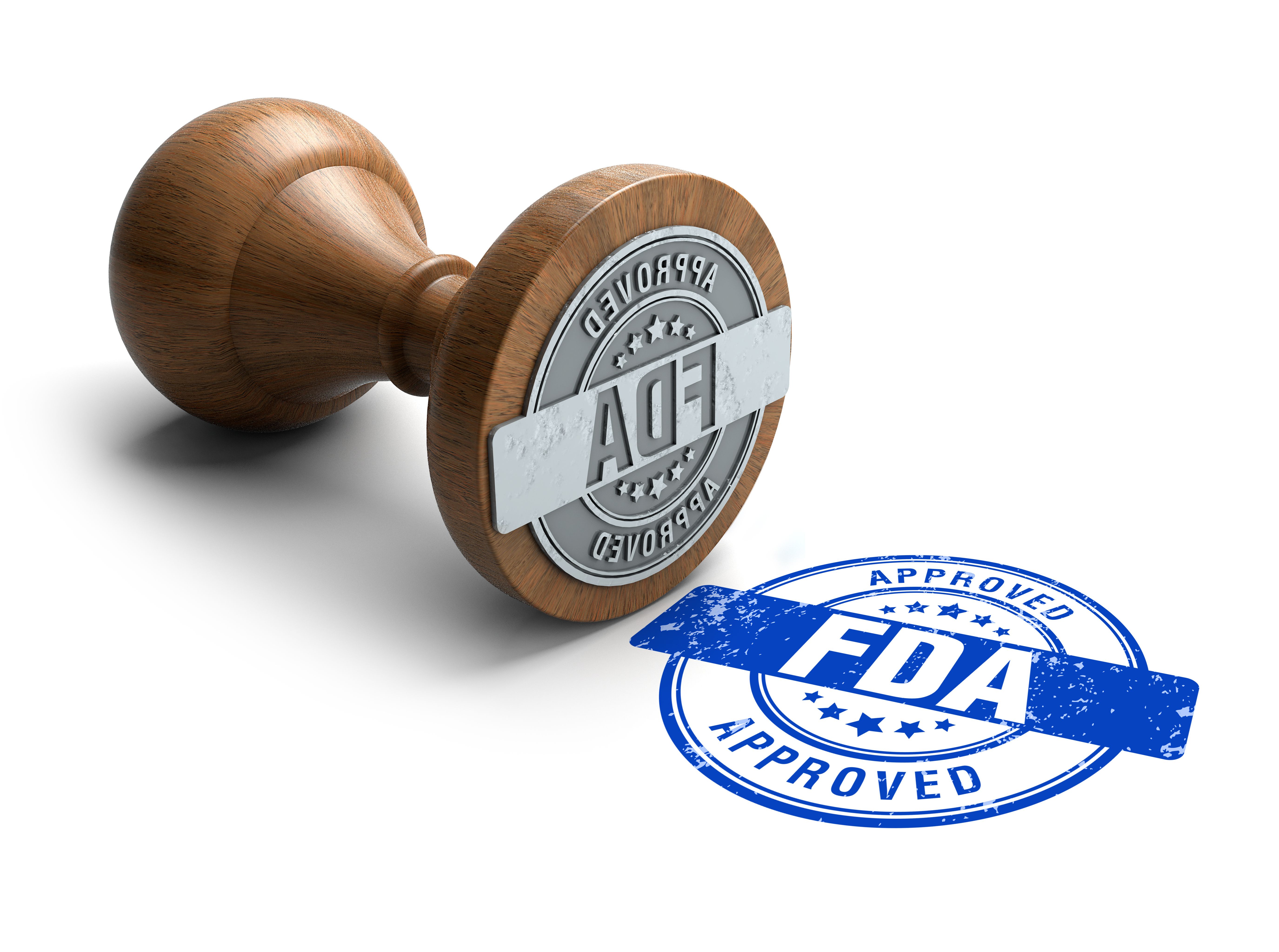- Center on Health Equity & Access
- Clinical
- Health Care Cost
- Health Care Delivery
- Insurance
- Policy
- Technology
- Value-Based Care
Zenocutuzumab Approved for NRG1+ NSCLC and Pancreatic Adenocarcinoma
The accelerated approval was based on the results of the eNRGy trial of 64 patients with NRG1-positive non–small cell lung cancer and 30 patients with NRG1-positive pancreatic adenocarcinoma.
The accelerated approval of zenocutuzumab was based on the results of the eNRGy trial of 64 patients with NRG1-positive NSCLC and 30 patients with NRG1-positive pancreatic adenocarcinoma.
Image Credit: Surendra - stock.adobe.com

The FDA has granted accelerated approval to zenocutuzumab (Bizengri, Merus N.V.) for the treatment of adults with advanced, unresectable, or metastatic non–small cell lung cancer (NSCLC) or pancreatic adenocarcinoma harboring a NRG1 gene fusion who had disease progression on or after prior systemic therapy.1
This is the first FDA-approved systemic treatment for patients with these cancers who have an NRG1 gene fusion. Zenocutuzumab is a bispecific antibody designed to target the NRG1 protein, which is involved in cell growth and development.
“The FDA approval of Bizengri marks an important milestone for patients with pancreatic adenocarcinoma or NSCLC that is advanced unresectable or metastatic and harbors the NRG1 gene fusion. I have seen firsthand how treatment with Bizengri can deliver clinically meaningful outcomes for patients,” Alison Schram, MD, an attending medical oncologist in the Early Drug Development Service at Memorial Sloan Kettering Cancer Center and a principal investigator for the ongoing eNRGy trial, said in a statement.2 “I am extraordinarily grateful for the patients and families who participated in the trial.”
The FDA approval of zenocutuzumab was based on the results of the eNRGy study (NCT02912949), a multicenter, open-label, multicohort clinical trial that enrolled 64 patients with NRG1-positive NSCLC and 30 patients with NRG1-positive pancreatic adenocarcinoma.
For the NSCLC group, the median age was 64 years, with 64% female. A majority of the patients were Asian (56%), 33% of patients were White, and 3.4% were Black. Patients had received a median of 2 prior systemic therapies. For the pancreatic adenocarcinoma group, the median age was 49 years and 43% were female. Nearly all (87%) patients were White, followed by 7% Asian and 3.3% Black. These patients also received a median of 2 prior systemic therapies.
In patients with NSCLC, the overall response rate (ORR) was 33% (95% CI, 22%-46%) and median duration of response (DOR) was 7.4 months (95% CI, 4.0-16.6). In patients with pancreatic adenocarcinoma, the ORR was 40% (95% CI, 23%-59%) and the DOR range was 3.7 months to 16.6 months.
The most common adverse events of zenocutuzumab, occurring in at least 10% of patients, were diarrhea, musculoskeletal pain, fatigue, nausea, infusion-related reactions, dyspnea, rash, constipation, vomiting, abdominal pain, and edema.
Future Outlook
The FDA approval of zenocutuzumab is a significant advance in the treatment of NRG1-positive cancers. Zenocutuzumab offers new hope for patients with these cancers who have not responded to other treatments. Clinical trials are ongoing to study the long-term safety and efficacy of zenocutuzumab, as well as to explore its use in combination with other therapies.
“In keeping with the growing number of personalized medicines on the market today, Bizengri offers the only approved NRG1+ therapy for patients with these difficult-to-treat cancers,” Edward Abrahams, president of the Personalized Medicine Coalition, said in a statement.
Zenocutuzumab’s prescribing information includes a boxed warning for embryo-fetal toxicity. The recommended dose is a 750-mg intravenous infusion given once every 2 weeks until disease progression or unacceptable toxicity.
References
1. FDA grants accelerated approval to zenocutuzumab-zbco for non-small cell lung cancer and pancreatic adenocarcinoma. FDA. News release. December 4, 2024. Accessed December 5, 2024. https://www.fda.gov/drugs/resources-information-approved-drugs/fda-grants-accelerated-approval-zenocutuzumab-zbco-non-small-cell-lung-cancer-and-pancreatic
2. Merus announces FDA approval of Bizengri (zenocutuzumab-zbco) for NRG1+ pancreatic adenocarcinoma and NRG1+ non–small cell lung cancer (NSCLC) based on safety and efficacy data from the eNRGy study. Merus. News release. December 4, 2024. Accessed December 5, 2024. https://ir.merus.nl/news-releases/news-release-details/merus-announces-fda-approval-bizengrir-zenocutuzumab-zbco-nrg1
